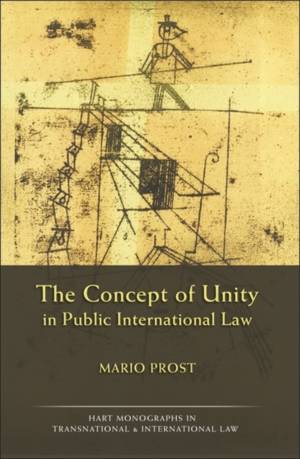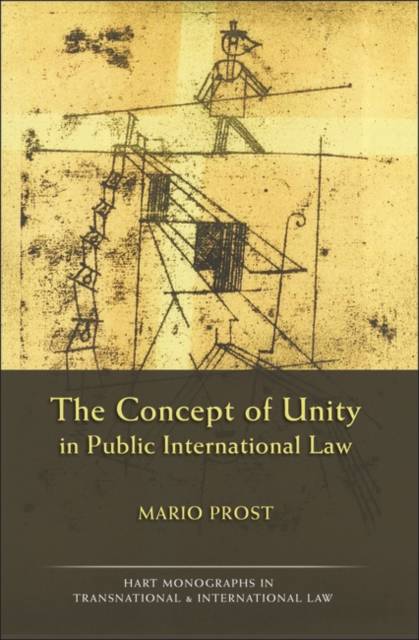
- Afhalen na 1 uur in een winkel met voorraad
- Gratis thuislevering in België vanaf € 30
- Ruim aanbod met 7 miljoen producten
- Afhalen na 1 uur in een winkel met voorraad
- Gratis thuislevering in België vanaf € 30
- Ruim aanbod met 7 miljoen producten
Zoeken
Omschrijving
'Fragmentation' has become a defining metaphor of international law scholarship in the era of globalization, albeit the subject is highly controversial among international lawyers. Some accept, while others oppose, the idea of fragmentation. Some see it as a new development; others as history repeating itself. Some approach it as a technical issue and some as the reflection of deeper political struggles. But, there is near consensus about the fact that something is happening today which challenges established visions of international law as a unitary whole. At the same time, the concept of unity, which lies at the very core of the fragmentation debate, is hardly ever rationalized in the literature. As a rule, the notion of unity is more assumed than explained. Unity is presented as fragmentation's theoretical opposite, but its meaning remains vague and intuitive. This book dispels that vagueness by exploring the various possible meanings of the concept of unity in international law. However, rather than proposing one grand theory of unity, the book identifies and compares five candidate conceptions of unity in international law. Intentionally pluralistic in its outlook, the book does not engage in normative arguments about whether international law is or should be unitary. Instead, it seeks to show that unity is a fundamentally contested concept, and that discourses on fragmentation are therefore necessarily contingent. The thesis on which the book is based won the 2009 Prize for best doctoral thesis from the Association des professeurs de droit du Quebec (APDQ). (Series: Hart Monographs in Transnational and International Law - Vol. 7)
Specificaties
Betrokkenen
- Auteur(s):
- Uitgeverij:
Inhoud
- Aantal bladzijden:
- 226
- Taal:
- Engels
- Reeks:
- Reeksnummer:
- nr. 7
Eigenschappen
- Productcode (EAN):
- 9781849460439
- Verschijningsdatum:
- 15/03/2012
- Uitvoering:
- Hardcover
- Formaat:
- Genaaid
- Afmetingen:
- 157 mm x 234 mm
- Gewicht:
- 498 g

Alleen bij Standaard Boekhandel
+ 290 punten op je klantenkaart van Standaard Boekhandel
Beoordelingen
We publiceren alleen reviews die voldoen aan de voorwaarden voor reviews. Bekijk onze voorwaarden voor reviews.











